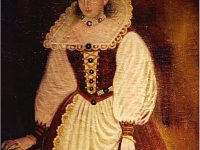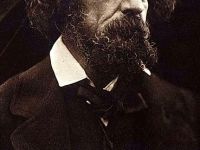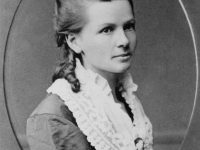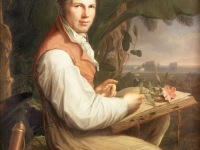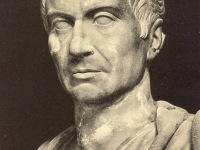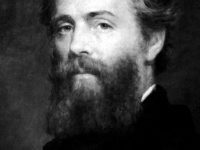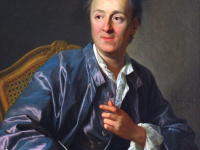The Man Who Shrank the Globe – Frank Whittle
On August 9, 1996 the British Royal Air Force engineer officer Sir Frank Whittle passed away. He was best known for inventing the turbojet engine for which he received the knighthood in 1948. “Well, that’s what it was bloody well designed to do, wasn’t it?” – Frank Whittle An Early Interest in Engineering Frank Whittle was born in Earlsdon, Coventry, UK. Thanks to Whittle’s father Moses, Frank was able to get an early…
Read more













